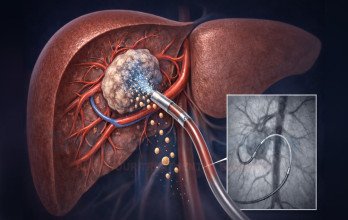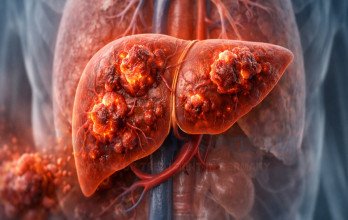
Advanced soft tissue sarcoma treatment in Germany including dendritic cell therapy, specialized oncology care, and coordinated support through Treatment in Germany (TIG)

Learn the early symptoms of stomach cancer and explore advanced treatment options in Germany, including TACP and dendritic cell therapy, with complete logistical coordination through Treatment in Germany (TIG).

Comprehensive guide to Stage 4 liver cancer treatment in Germany, including TACE Treatment, Immunotherapy Dendritic Cell Therapy, symptoms, and complete logistical arrangements through TIG (Treatment in Germany).

Understand metastatic stage 4 colorectal cancer facts and survival considerations, including TACE treatment and dendritic cell immunotherapy in Germany, with complete logistical support via TIG.

Learn about glioblastoma treatment in Germany, including dendritic cell immunotherapy, survival data, symptoms, and new clinical trials for WHO grade 4 brain tumors.

Comprehensive guide to osteosarcoma treatment in Germany, including diagnostics, innovative dendritic cell immunotherapy with complete logistical support through TIG.

Metastatic Stage 4 colorectal cancer survival rate and advanced treatment in Germany including TACE Treatment and Immunotherapy Dendritic cell therapy with coordinated support through TIG.

Learn how colorectal cancer stages influence survival and explore treatment options in Germany, including TACE, personalized immunotherapy, and coordinated support for international patients through TIG.

Explore treatment options for lung cancer in Germany, including surgery, interventional therapies, immunotherapy, and coordinated support for international patients through TIG.

Advanced TACE treatment in Germany for liver cancer and metastases. Learn about procedure, cost, survival, and complete logistical support through TIG.

Explore clinical trials for prostate cancer treatment in Germany, including dendritic cell immunotherapy, TACP treatment, PSMA therapies, and complete logistical support for international patients through TIG.

Learn about advanced treatment options for lung metastases, including TPCE treatment, TACP treatment, and dendritic cell immunotherapy in Germany, with structured diagnostics, clinical trials, and international patient support through TIG.

Explore stage 4 metastatic colon cancer diagnosis and treatment in Germany, including TACE Treatment, TACP Treatment, and Immunotherapy Dendritic Cell Therapy, with advanced diagnostics and full international patient support through TIG.

Learn about treatment options and advanced therapies for liver metastases, including TACE treatment and dendritic cell immunotherapy in Germany, with structured diagnostics, and international patient support through TIG.

Explore treatment options for colon cancer and bowel cancer in Germany, including TACE Treatment, TACP Treatment, and Immunotherapy Dendritic Cell Therapy, with advanced diagnostics and international patient support through TIG.

.webp)
 (1).webp)

.webp)
 (1).webp)


.webp)
 (1).webp)

.webp)
 (1).webp)
